
There were two twin brothers of the Cao family. Their names were Tan for the eldest brother, and Lang for the youngest one. They got schooling with a Taoist named Chu Chu who lived with his eighteen-year old daughter. He then married her to Tân, and the young couple lived their conjugal life happily. But, Lang found out that his brother treated him less intimately since he got married. In fact, Lang left the house wandering around the country. He reached a larger river and couldn't cross it. Not even a small boat was in the vicinity to transport him to the other side of the river. He was so sad that he kept on weeping till death and was transformed into a lime-stone lying by the river side.
Troubled by the long absence of his brother, Tân went out to look for him. When he reached the riverside he sat on the lime-stone and died by exhaustion and weariness. He was transformed into an areca tree. The young woman in turn was upset by the long absence of her husband and got out for a search. She reached the same place where the areca tree had grown, leaned against the tree and died, transformed into a plant with large piquant leaves climbing on the areca tree. Hearing of this tragic love story, local inhabitants in the area set up a temple to their memory.
One day, King Hùng went by the site and gained knowledge of this story from local people. He ordered his men to take and ground together a leaf of betel, an areca nut and a piece of lime. A juice as red as human blood was squeezed out from the melange. He tasted the juice and found it delicious. Then he recommended the use of betel chewed along with areca nut and lime at every marital ceremony. From this time on, chewing betel became a custom for Vietnamese, and very often they began their conversation with a quid of betel.

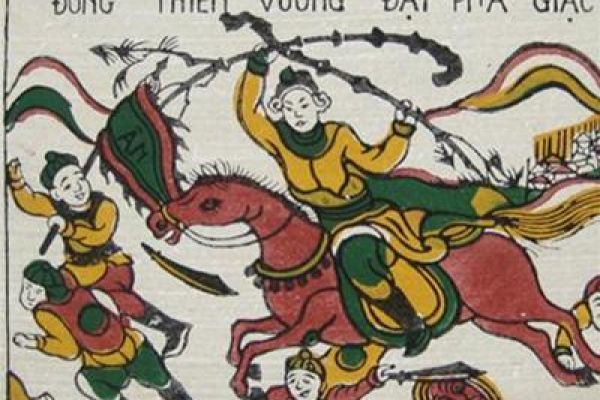
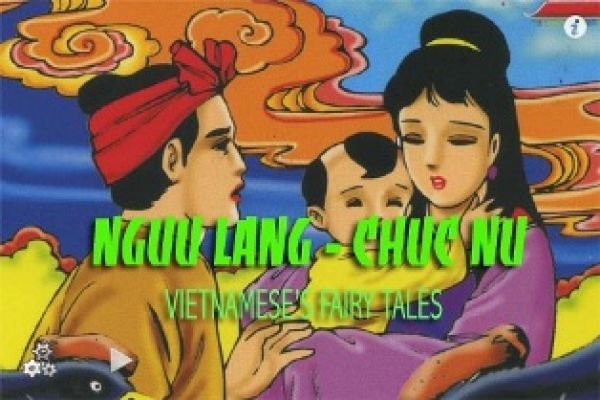

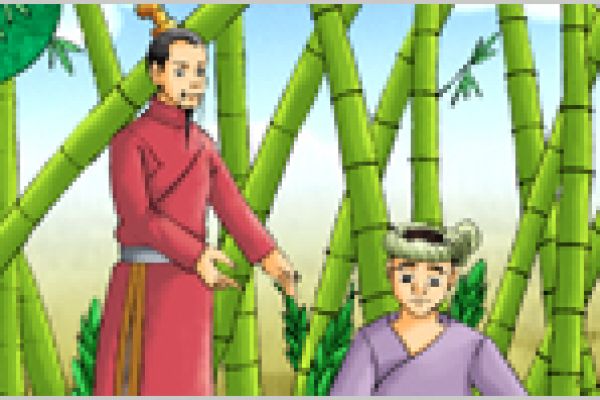

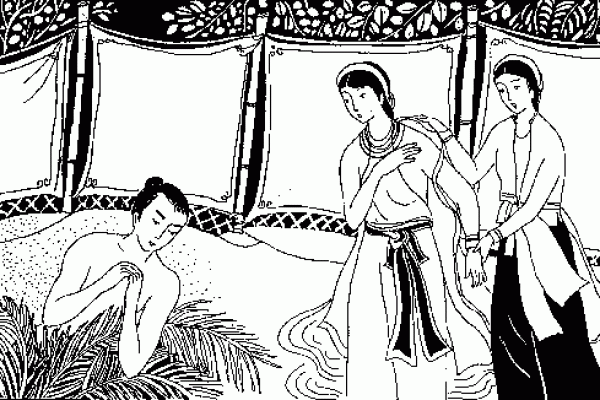

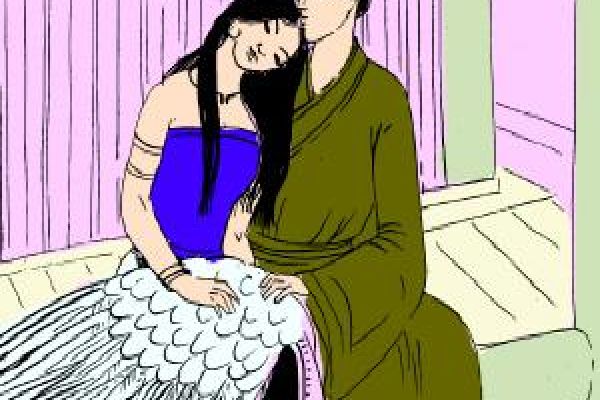
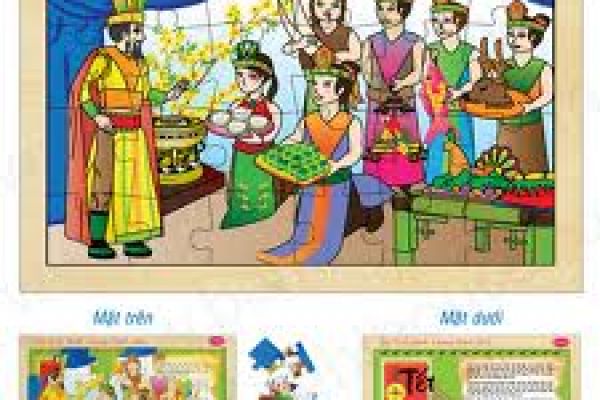
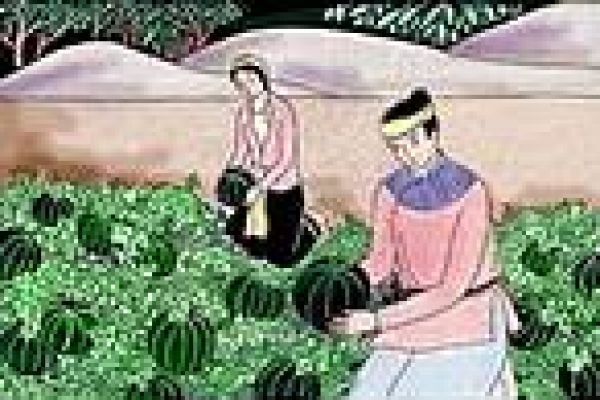
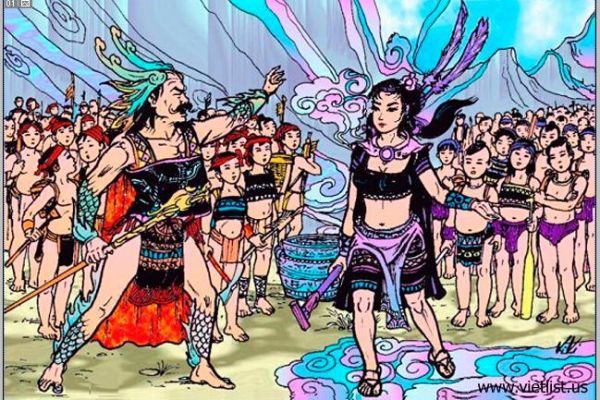
 Tags:
Tags: 